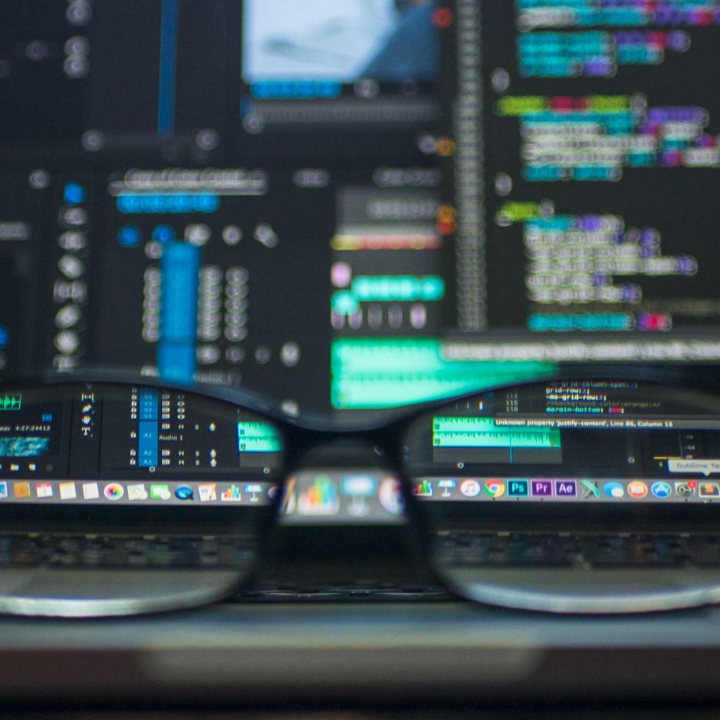Story
4 Mar 2022
Ukraine invasion: Crucial role of tech companies highlighted after Russian 'act of aggression'
See all tags
See all tags
Apple
Acer
Advanced Micro Devices (AMD)
Amazon.com
Analog Devices
Altera
Airbus
bp
Boeing
Cisco Systems
Continental AG
DHL (part of Deutsche Post)
Ericsson
ExxonMobil
Electronic Arts
Meta (formerly Facebook)
General Electric (GE)
Google (part of Alphabet)
Hitachi
Huawei
Intel
IBM
Infosys
LG Electronics (part of LG Corp.)
Microsoft
Maersk (part of A.P. Moller - Maersk)
Nintendo
Novatek
Shell plc
Samsung Electronics
SAP SE
Texas Instruments
X Corp. (formerly Twitter)
YouTube (part of Alphabet)
FG Hemisphere
VKontakte
FIFA
Extreme Networks
NXP Semiconductors
Taiwan Semiconductor Manufacturing (TSMC)
Rakuten
WhatsApp (part of Meta)
Airbnb
ASML Holdings
SK Hynix
Murata Manufacturing
Alphabet
Hewlett Packard Enterprise
Infineon Technologies
Netflix
Cloudflare
Microchip Technology
NVIDIA Corporation
Instagram (part of Meta)
Telegram
SpaceX
Yandex
Maxim Integrated
Xiaomi
Spotify
DJI Technology
Xilinx
Didi Chuxing (former Didi Kuaidi)
TikTok (part of ByteDance)
Rockwool
Clearview AI
Snap (parent company, Snapchat, Snap Lab)
TI Fluid Systems
ByteDance
Signal
Hill & Smith Holdings PLC
Micron Technology Inc.
Qorvo, Inc.
Sony Interactive Entertainment Network Europe Limited
Mondi plc
Cypress Semiconductor Corporation
Union of European Football Associations (UEFA)
Canva
Tonegawa-Seiko
Gumstix
U-blox
Simcom
Geosat Microwave
IK Tech Corporation
JST Manufacturing
Industrial Components Weirich
GA Universal
Onsemi
PROTEI
STMicroelectronics
Nexperia
Sinno Electronics
Poly Technologies
China Taly Aviation Technologies Corp
Smart Impex
AZU International
Fujian Baofeng Electronics Co.
Zilog
Xi'an Bingo Intelligent Aviation Technology
Haas Automation
Group-IB
MFI Soft
Hemisphere GNSS
International Rectifier (part of Infineon)
Citadel Group
Vas Experts
Kaspersky
NSH USA Corporation
Beijing Yunze Technology Co. Ltd
Kominvex
Soha Info
GoodForwarding
Food & beverage
Tobacco
Arms/Weapons
Entertainment
Machine & machine tools
Manufacturing: General
Internet & social media
Artificial Intelligence (AI)
Military/defence
Consumer products/retail: General
Military/weapons/security equipment: General
Technology: General
Media & publishing: General
Technology, telecom & electronics
Aircraft/Airline
Oil, gas & coal
Americas
Asia & Pacific
Europe & Central Asia
Global
Southeast Asia
United Arab Emirates
Armenia
Austria
Australia
Belgium
Belarus
Canada
Switzerland
China
Costa Rica
Germany
Denmark
Finland
France
United Kingdom
Georgia
Greece
Hong Kong
Ireland
India
Iran
Italy
Japan
Kyrgyzstan
South Korea
Kazakhstan
Myanmar
Netherlands
Serbia
Russia
Sweden
Singapore
Syria
Thailand
Türkiye
Taiwan
Ukraine
United States of America
Uzbekistan
Vietnam
Deaths
Freedom of Expression
Complicity
Violence
Injuries
Intimidation
Killings
Racial, ethnicity, caste or origin discrimination
Divestment
Sanctions
Freedom of Association
Labour Rights
Security Issues & Conflict Zones
Conflict prevention & resolution
Access to Information
Right to Privacy
Protests
Supply Chains
Censorship
Surveillance
Humanitarian Law
UN Global Compact
Guidelines by Businesses
European Union
Conflict & Peace
Chinese Overseas Investment
Human Rights and Environmental Due Diligence (HREDD)
Human Rights Defenders
BHRRC Project: Weekly Update
Economic, Social, and Cultural Rights
Trade
Lawsuits & regulatory action

Photo: Canva